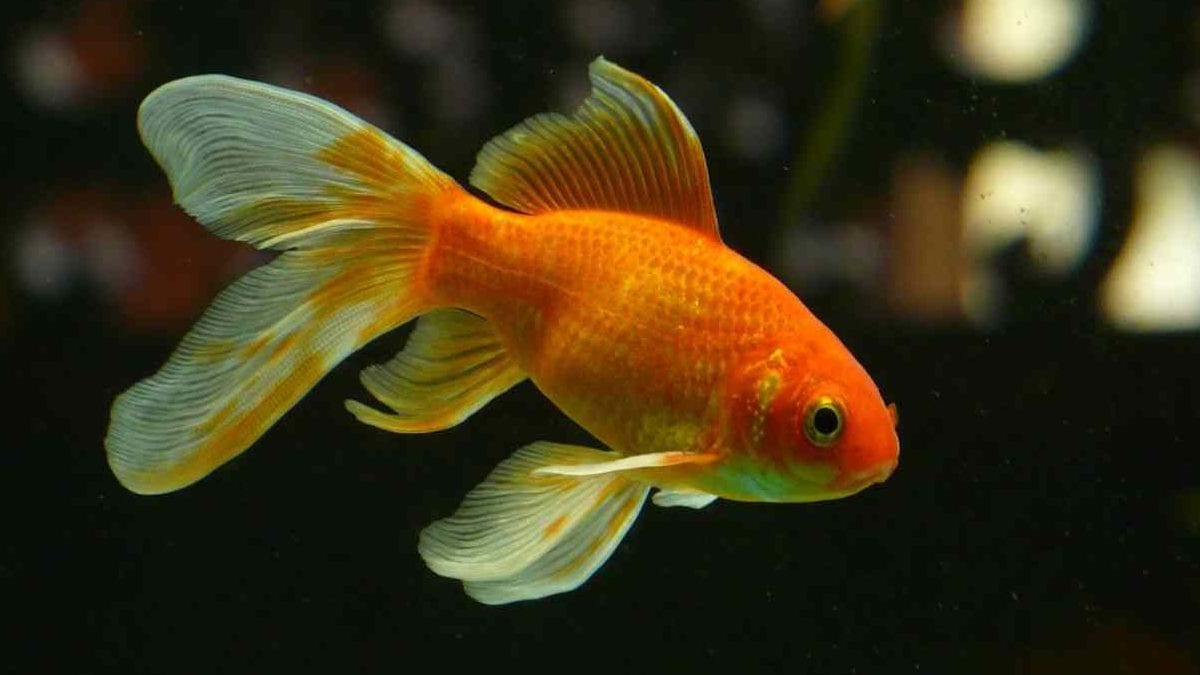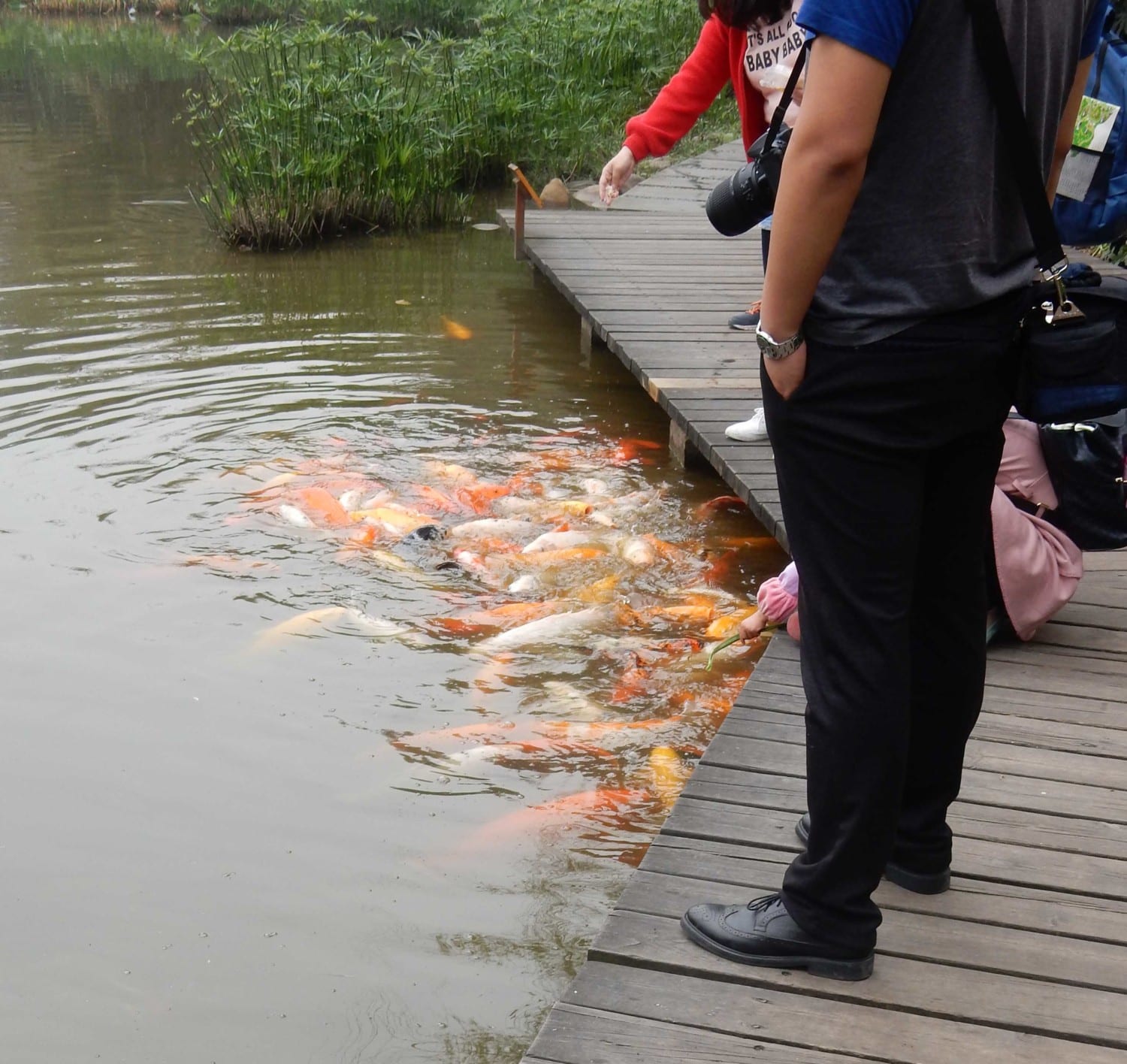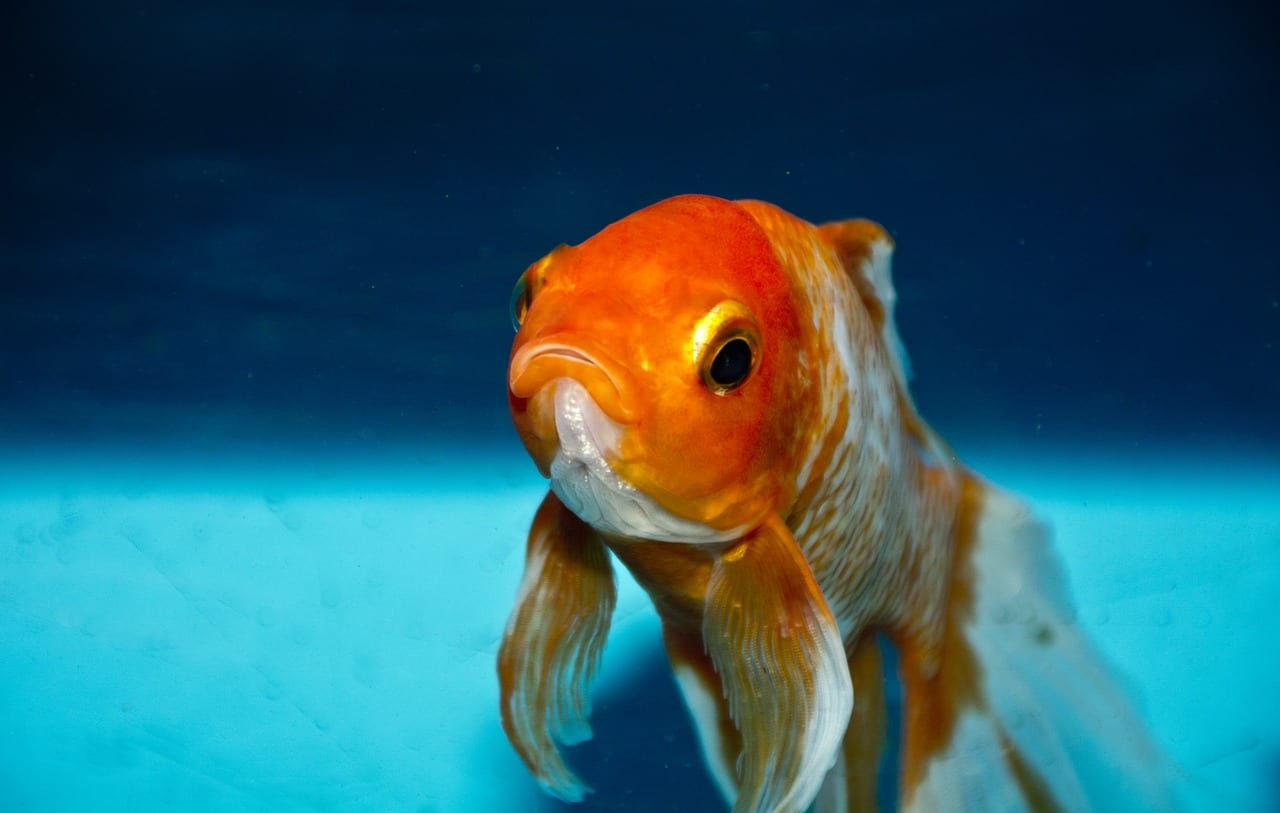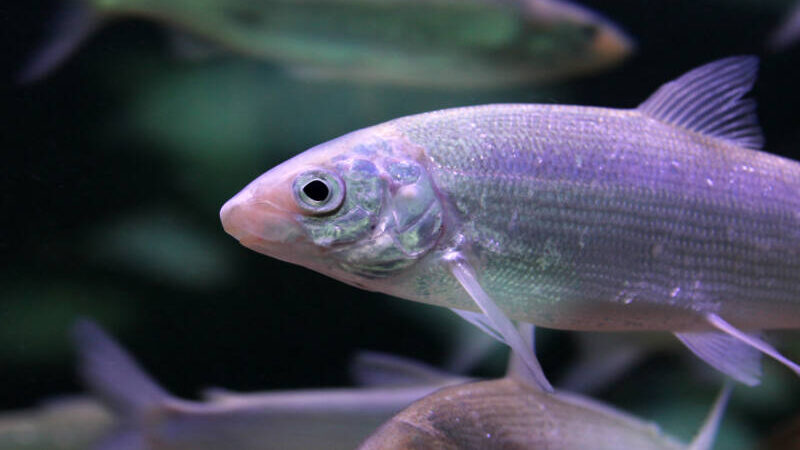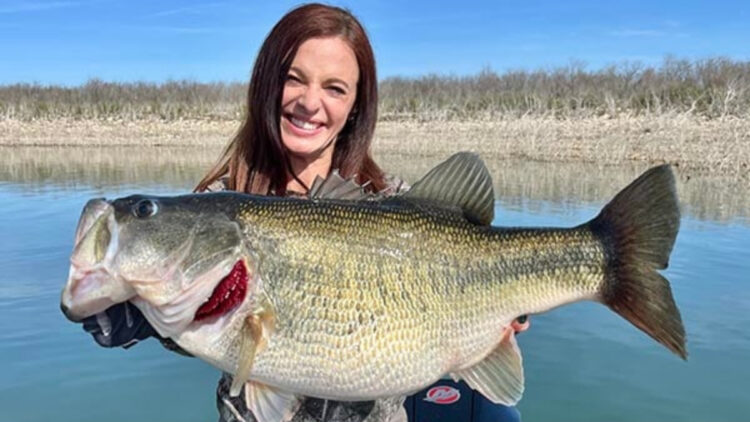Why releasing your goldfish into the wild is a bad idea
For more than 2,000 years, goldfish have been been a beloved family pet. Since they were first domesticated in China during the Tang dynasty, these gorgeous carp have been bred to display the gorgeous colors and hues that we have come to love and know so well.
However, there is a growing problem associated with these popular fish. Goldfish are taking over rivers in many towns where well-meaning people have “freed” their fish into the wild. Releasing a captive animal back into a natural habitat might sound like a noble thing to do, but doing so with goldfish can actually cause a bit of an ecological nightmare.
Such is the case in the state of Washington, where released goldfish have wreaked havoc on West Medical Lake. Goldfish are actually considered an invasive species, and they can grow very large. As a result, when they are released in habitats like West Medical Lake, their population can grow quite rapidly, and they can quickly demolish all the food sources that the rest of the fish depend upon.
Sadly, “aquarium dumping,” as it’s called, is fairly common. One survey of Texas residents found that anywhere from 20- to 70 percent of fish owners have “dumped” aquarium fish into a body of water before.
Not only is aquarium dumping damaging to the fish population, but it can also be very costly for city officials to repair. For example, as it relates to West Medical Lake, the Washington Department of Fish and Wildlife told Spokane’s KHQ-TV that it can cost up to $150,000 to rehab the lake and remove the foreign species.
It’s such a problem that fish and wildlife officials said they are considering releasing goldfish into the wild to be a crime, and they will prosecute it as such.
“If they get caught doing that and get prosecuted, they could be responsible for the restitution of fixing the problem that they created,” said Randy Osborne, a fisheries biologist with Washington Fish and Wildlife, to KHQ.
So what should you do if you no longer want to care for your pet fish? Well, if you can’t find a willing friend or family member to help care for them, contact your local pet shop or animal shelter. Many shelters do not just find homes for cats or dogs, but also birds, rabbits and fish. You might also join a goldfish fancier club in your town or on Facebook, and then reach out to people via this method to try and find someone who can take your pet.
And, if your fish is ill, you can contact your veterinarian for a humane method of euthanasia. Do not release these ill fish into the wild or flush them down your toilet.
“A sick fish can introduce harmful elements like the disease itself that it was affected by or harmful parasites into the water,” writes PetHelpful. “Keeping our waterways clean and safe is important for future generations.”
For more information on how to humanely get rid of your pet goldfish, visit the U.S. Fish & Wildlife Service.


